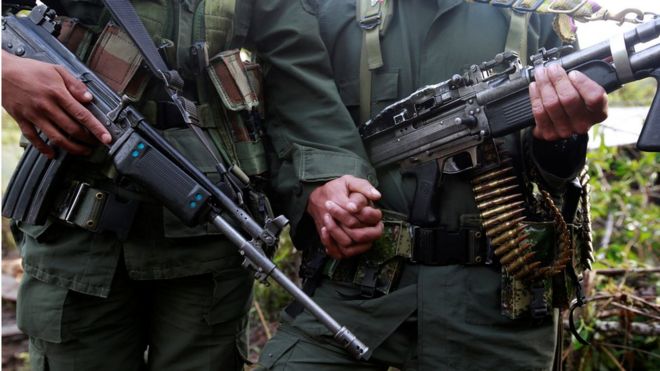By Cintia Garcia
Impunity Watch Reporter, South America
BRASÍLIA, BRAZIL—The Brazilian Senate voted 61 to 20 to impeach Dilma Rousseff from her term as president. After a long impeachment trial, Dilma Rousseff was found guilty of manipulating the federal budget.

In order to impeach Dilma Rousseff, two-thirds of senators—54 out of 81—was needed to make her impeachment final. Also held was a vote to strip Dilma Rousseff of her rights to run for office. The second vote did not pass, the senate opposed with 42 in favor, 36 opposed and 3 abstentions—she will be allowed to run for office in the future. Although she was removed from office in May, the impeachment process began eight months ago. The vice president, Michel Temer, became interim president after her removal. He was sworn in as president following the vote on Wednesday afternoon for the remainder of her term, which ends in 2018. The end of Dilma Rousseff’s term also marks the end of the 13-year reign of the Leftist Workers’ Party. Under President Temer, the Brazilian Democratic Movement Party will take over and shift the government to the right.
Dilma Rousseff continues to claim her innocence, stating, “When Brazil or when a president is impeached for a crime that they have not committed, the name we have for this in democracy—its not an impeachment, it is a coup.”
She was first elected to the presidency in 2011 and was reelected in 2014. Her approval ratings during her second term dropped due to an economic downturn when inflation and unemployment rates began to surge upward.
President Michel Temer enters his term with low approval rates and scandal. Most recently, Temer appointed an all male cabinet and no Afro-Brazilian ministers, causing an uproar in Brazil since 51 percent of Brazilians identify themselves as black or mixed race. Furthermore, President Temer has appointed new cabinet members and office holders that have resigned due to anti-corruption accusations—including attempts to intervene in the investigation of the oil company Petrobras.
For more information, please see:
CNN—Brazil’s Senate Ousts Dilma Rousseff in Impeachment Vote—31 August 2016.
New York Times—Dilma Rousseff is Ousted as Brazil’s President in Impeachment Vote—31 August 2016.
The Washington Post—Brazilian President Dilma Rousseff Ousted in Impeachment Vote—31 August 2016.


